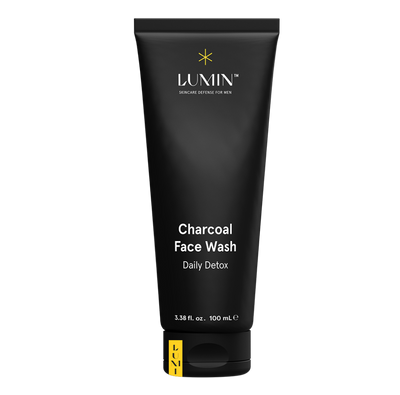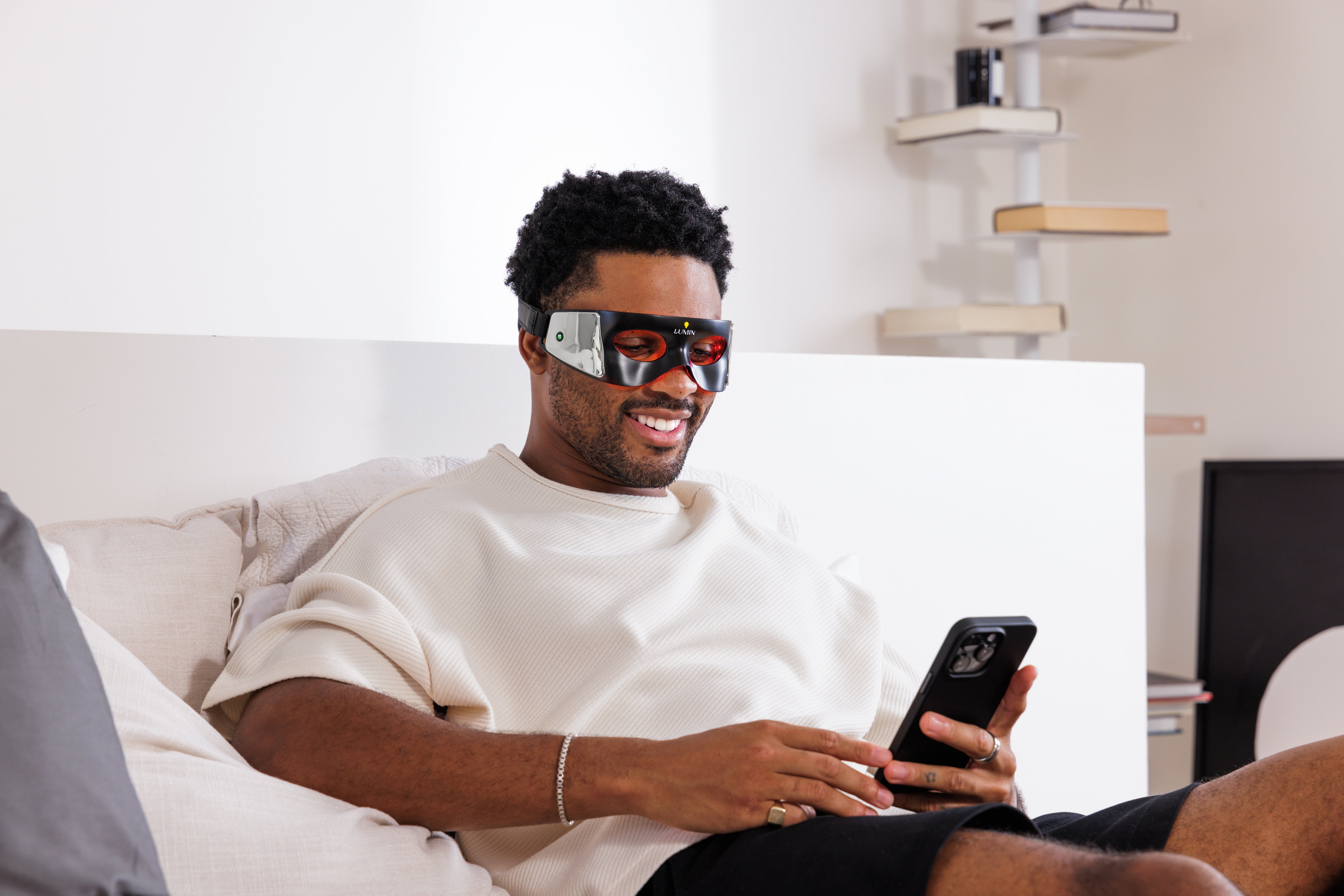What are pores?

What are pores?
Dive in deep and discover how the condition of your pores can make (or break) the look and feel of your skin.
3 MINUTE READ

Dive in deep and discover how the condition of your pores can make (or break) the look and feel of your skin.
3 MINUTE READ
Pores are tiny openings on the surface of your skin that regulate sweat and oil production. You can’t get rid of your pores but the health of your pores has a huge impact on the way your skin looks and feels throughout your life.
If you’ve ever been a teen, then you have probably been told that pores are bad, especially big ones. Don’t be fooled into thinking that the size of your pores is determined by genetics–you do hold control over your skin’s fate and improving the look, feel, and health of your complexion doesn't have to be complicated.
Today we are answering all of your questions on how clogged pores can cause acne and what you can do to prevent them.
There are two types of pores on your skin–sweat pores and oil pores. Sweat pores are too small to see with the naked eye. They are all over your body to produce sweat to cool off during exercise. Oil pores are what we connect with acne and skincare. These pores are connected to an oil gland and oil duct.
The oil pore, gland, and duct help regulate the balance of natural oils on the surface of your skin. Hormone fluctuations and genetics play a role in the potential for this system to produce an excess amount of oil. When not following a proper skincare routine, dead skin, dirt and bacteria can combine with this excessive oil causing a chain reaction as the pores become clogged and inflamed resulting in acne.
Forms of acne include:
Blackheads and whiteheads (AKA open and closed comedones respectively) are non-inflammatory forms of acne caused by clogged oil pores.
Papules, pustules, nodules, and cysts are all forms of inflamed acne caused by clogged pores that are infected beneath the skin’s surface.
Oftentimes, we strip the skin of its natural oils in hopes that reducing oil will remove the problem. This can actually backfire and cause your pores to become overactive, making acne worse.
To fight acne, it’s important that you use products that balance the moisture-levels of your skin. The simplest way to do this is to use a gentle cleanser and moisturizer twice a day, every day. If your acne doesn’t start to improve in a few weeks, make an appointment with a dermatologist to assess any underlying issues.
Pores appear enlarged when they are clogged. Even after your body has recovered from the hardships of puberty, the damage from clogged pores can last a lifetime. The longer your pores spend being clogged, the more likely you are to stretch their natural shape and size in the long term. Additionally, picking and squeezing your clogged pores can often make skin damage worse in the long run.
Incorporate exfoliating ingredients into your daily routine can help improve skin texture and a good SPF will protect your skin’s health and appearance of large pores. Try using pore strips regularly to keep pores clear from clogging and include a good moisturizer daily. Skin that is clear and moisturized has the appearance of smaller, tighter pores.
Healthy-looking skin doesn’t need to be complicated. A regular and gentle skin care routine is often all it takes to look and feel your best day after day.

There’s nothing like that ‘aaahh’ feeling when you’ve splashed cool water over a fresh, clean face. Our Charcoal Face Wash Daily Detox is made specifically for men’s skin, working to remove grime while keeping your skin’s pH balanced. Go ahead and say it, aaahhhh.

